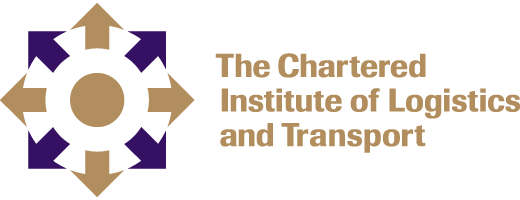Operating at Level 1 (school-leaver standard) this qualification was developed in 2015 and gives a basic grounding in transport and logistics knowledge.
As it is at basic level, the course is normally run as a single qualification, but the units can be taken as separate modules if that suits the needs of the learner. This course does use one of the units from the Introductory Certificate qualification, so anyone progressing to Level 2 would not need to retake this module.
Students studying our qualifications will automatically gain access to the International Knowledge Centre – giving access to an extensive range of best practice and learning material.
This course is ideal for school-leavers, apprentices, and those exploring a career in logistics or transport at a basic level. It is ideal for young people planning to enter the sector.
Overall the course is made up of 100 guided learning hours. Assessment is by examining and an assessed workbook.
This course can be studied as an intensive block, or part-time as part of an ongoing induction programme or apprenticeship programme. As a full time programme the course will take around 4 weeks or 3-6 months part time depending on the number and frequency of contact sessions.
Costs are set locally by the training provider.
The course covers the following key areas.
Mandatory units:
M1-L2 Introduction to logistics (Level 2 Unit)
This unit is designed to introduce students to the concept of logistics in its widest sense and to some of the general practices that are important in every part of the logistics working environment. Introduction to Logistics covers people in the working environment, sustainability and the environment and communications technology.
M2-L1 Transport distribution in logistics
This unit introduces students to the vital role played by transport in every part of logistics. It also aims to show how distribution of goods is key to logistics success. The unit is made up of seven sections that cover the different transport modes, legal requirements, vehicles, passenger transport and transport infrastructure.
M3-L1 Introduction to business communications
This unit provides an introduction to a variety of business communications, including: letters, emails, reports and electronic presentations. The unit gives students the ability to distinguish between facts, opinions, anecdotes, ideas and examples, as well as providing the skills to understand when to use different communication types.
